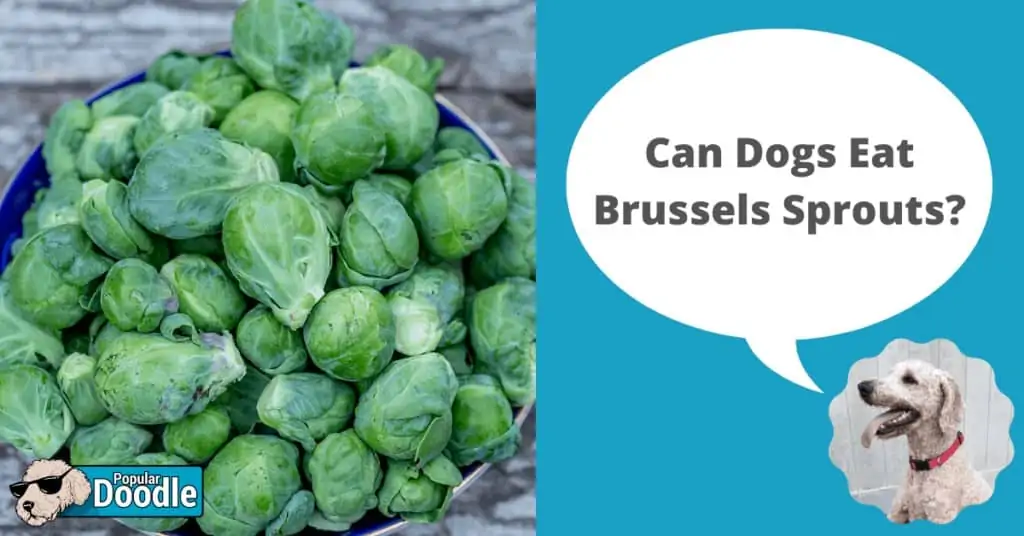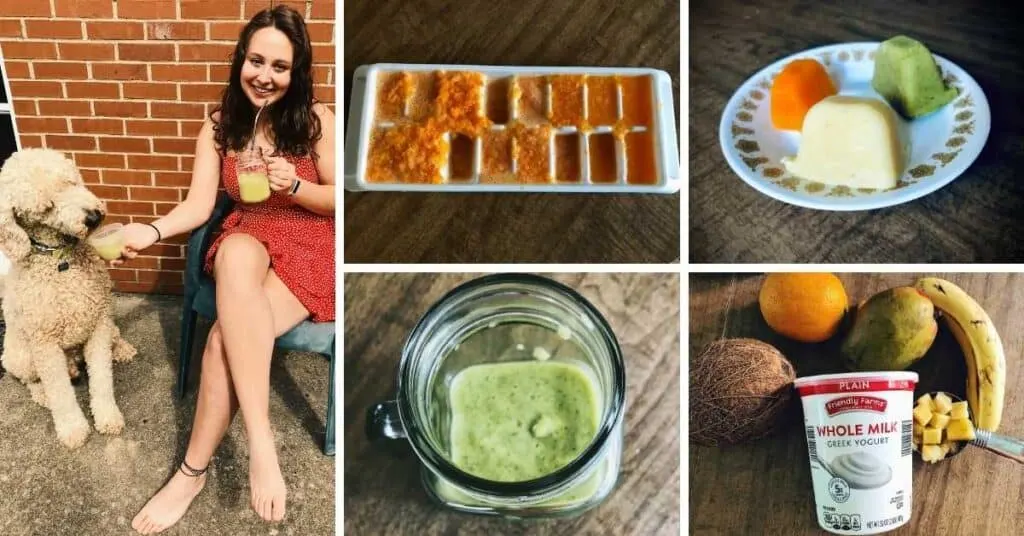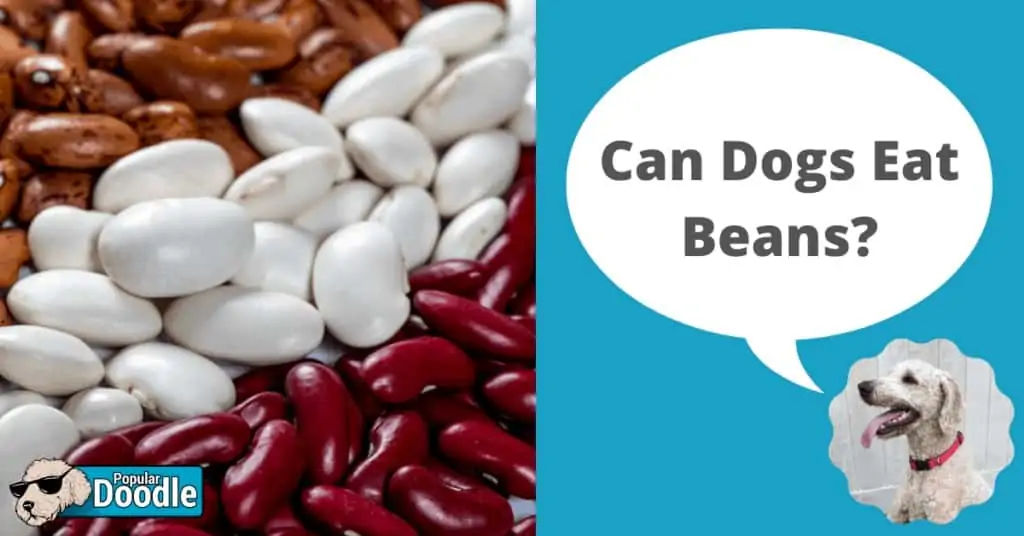
Brussels sprouts may cause some humans to turn their noses away, with their slightly bitter taste and strong aroma. You know who will never turn their noses away? Your dog. Can dogs eat Brussels sprouts? Are Brussels sprouts good for dogs or bad? Let’s answer those questions and more in this article!
Can Dogs Eat Brussels Sprouts? (The Short Answer)
As long as you are prepared for the accompanying flatulence that can occur as a result, Brussels sprouts are completely safe for your dog to eat in moderation! Keep in mind that it’s best to serve them cooked and to avoid adding any unsafe seasonings or ingredients during preparation.
It’s important to remember, that even with the best of intentions, accidents happen and dogs can easily eat things they shouldn’t. Unfortunately, even if those accidents aren’t fatal, they can result in huge, unexpected veterinary expenses. That’s why we recommend all responsible dog owners get a free, online pet insurance quote from Healthy Paws.
Are Brussels Sprouts Good For Dogs?
We’ve already answered the question, “can dogs eat Brussels sprouts?” Now, let’s learn about the benefits of feeding your dog this food! Are Brussels sprouts good for dogs?
Yes, Brussels sprouts have a host of health benefits which can keep your dog in tip top shape! They contain an alphabet’s worth of vitamins and are especially rich in Vitamin K that will help ensure your dog has healthy and strong bones. These vegetables are also loaded with antioxidants that reduce inflammation as well as improve blood circulation.
Another interesting property of Brussels sprouts is that they contain sulforaphane and indole-3-carbinol which are compounds that help fight “free radicals” in the body that damage cells. Research has shown that less of these free radicals means a lower risk of cancer.
Finally, Brussels sprouts have a high level of isothiocyanate which helps keep the gastrointestinal system of pups (and humans!) in line. This is what causes flatulence after consumption, but it acts to “clear the pipes” so to speak.
Are Brussels Sprouts Bad for Dogs?
We’ve already answered the question, “can dogs eat Brussels sprouts?” Now, let’s learn about the dangers of feeding your dog this food! Are Brussels sprouts bad for dogs?
Brussels sprouts are not toxic to our four-legged friends. However, there are few things to keep in mind before feeding them to your pup. First, as with every food, they should be fed in moderation especially if you’ve never seen how your dog reacts to them before. Only a few sprouts at a time is best.
Secondly, it’s ideal to cook the Brussels sprouts before feeding them to your dog. Raw Brussels sprouts are a bit hard for pups to digest and, as a result, can give them an upset stomach. Just make sure you are cooking this vegetable plain without added seasonings that could be harmful to your pup. One favorite way to eat Brussels sprouts is sautéed with bacon. However, it’s best to skip this method if you plan on sharing with your dog as that amount of fat and grease will almost certainly upset their stomach.
Other Varieties & Related Foods:
Can Dogs Eat Brussels Sprouts Cooked?
Yes, cooked is the best way to serve your pup Brussels sprouts. Keep in mind to prepare them plain, without any added seasonings or spices to make sure they are completely dog-friendly.
Are Brussels Sprout Stalks Safe for Your Pup?
While not toxic, the stalk or stem of the Brussels sprout is hard for dogs to digest and could result in an upset stomach. For that reason, it’s best to cut it off before serving.
Are Raw Brussels Sprouts Safe for Your Pup?
As raw Brussels sprouts are tough on a dog’s stomach, it’s best to cook them before serving to your pup.
In Conclusion: Can Dogs Eat Brussels Sprouts?
Yes! Plain, cooked Brussels sprouts area great treat for our furry friends in moderation. They have a lot of health benefits, but watch out for the resulting smell!
Want to Learn More?
Check out these related articles from our “Read Before You Feed” series for more advice on safe foods for dogs!
- Can Dogs Have Celery?
- Is Crab Bad for Dogs?
- Can Dogs Eat Asparagus?
- Are Graham Crackers Bad for Dogs?
- Can Dogs Eat Olives?
Disclaimer: We are not veterinarians and this article should not be taken as medical or veterinary advice. If you have any questions about your pet’s health or dietary needs, please contact your local veterinarian.









